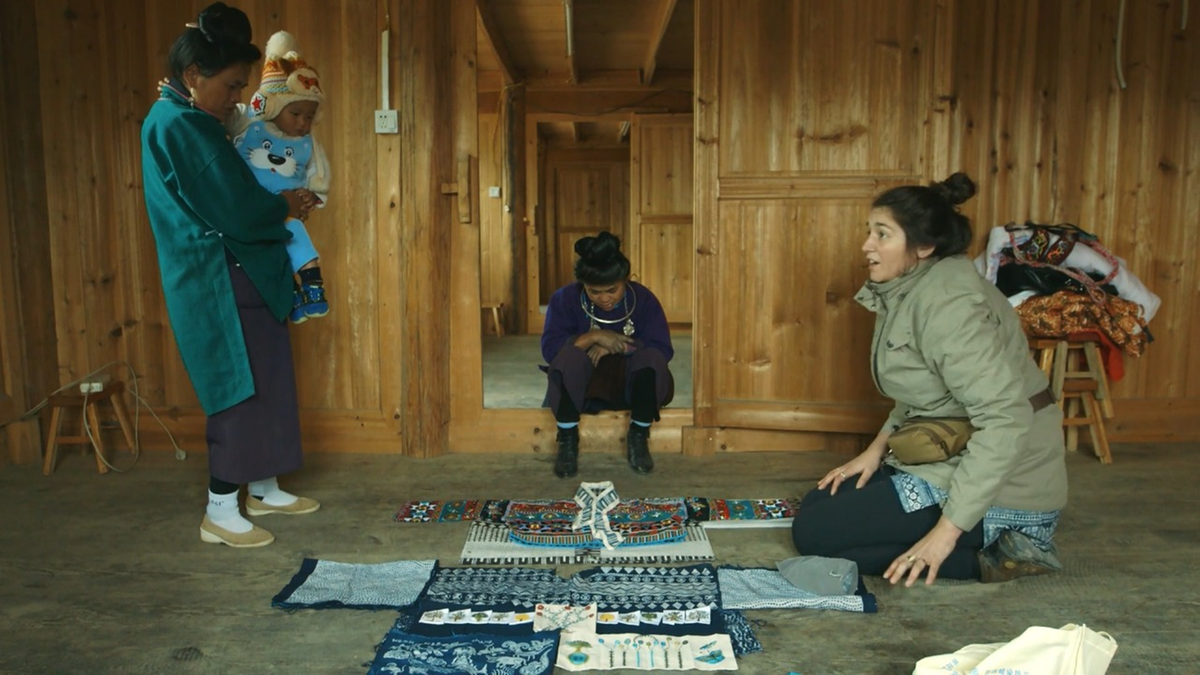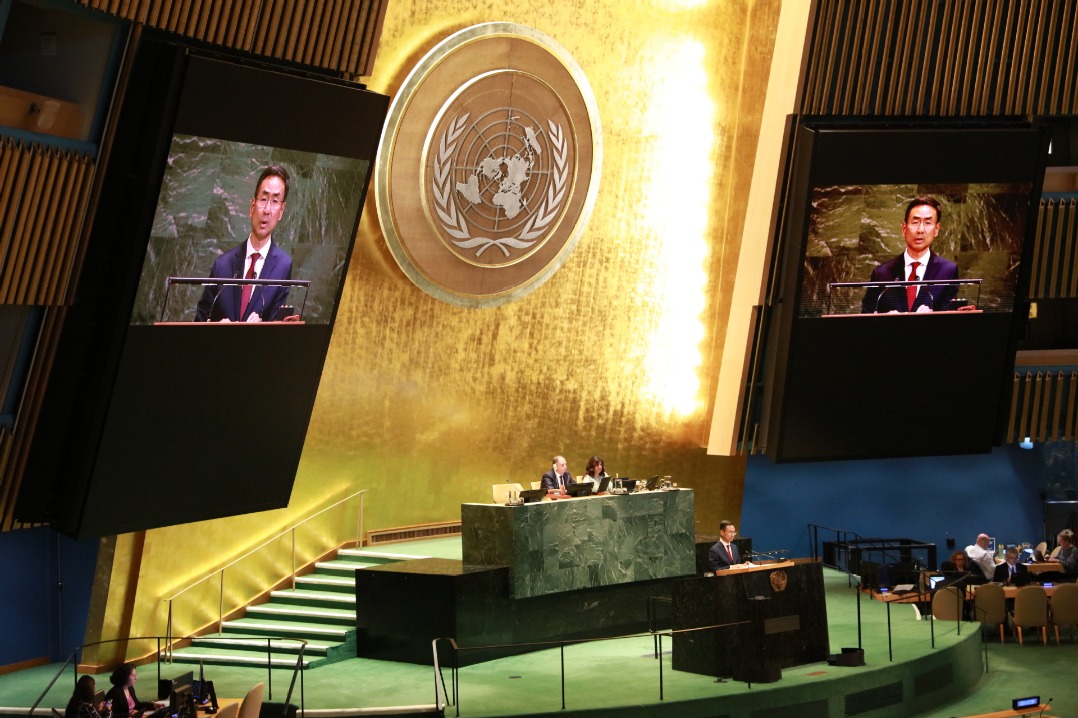Brazilian filmmaker builds career bridging China and Brazil
From documenting Chinese lives through popular songs to new projects in scientific cooperation, Moura Barba connects cultures with stories of innovation, resilience and hope


What began as an academic journey to China has turned into a film-making career that bridges two cultures. Brazilian Milena de Moura Barba has built her career on connecting Brazil and China through cinema.
She left Brazil in 2016 to study at the renowned Beijing Film Academy and completed her master's degree there. Since then, she has become one of the leading references on Chinese culture in Brazilian audiovisual production.
Her first documentary, Songs of Beijing (2018), produced during her master's studies, portrayed echoes of everyday life in China through images and music. The film received rave reviews and was selected for E Tudo Verdade (It's All True), one of Latin America's three Oscar-qualifying festivals for feature-length and short documentaries.
The recognition marked her entry into the international circuit and reinforced her role as a cultural bridge between the two countries.
After the success of her debut, Moura Barba founded Miluspanda, a production company dedicated to creating original works and offering consultancy for filmmakers interested in China-related projects.
Miluspanda has a special interest in transmedia projects and international cultural productions.
"From everything I learned in China, we decided to focus on connecting people from different cultures through the empathic power of cinema," said Moura Barba, who acts as the director of Miluspanda.
Her expertise soon attracted attention from some of Brazil's most recognized directors. In 2022, Moura Barba joined the team for Sleeping with Open Eyes (2024), a multinational movie with a Chinese cast directed by Nele Wohlatz from Germany, and produced by award-winning Kleber Mendonca Filho from Brazil.
In recent months and for next year, Moura Barba is focused on a big new project.
"We have secured funding for a film about Brazilian neuroscientist Miguel Angelo Nicolelis, who received the Chinese Government Friendship Award."
This award, given to Nicolelis on Jan 25 in Beijing this year, with the attendance of Premier Li Qiang and Minister of Foreign Affairs Wang Yi, recognizes contributions to China's modernization, economic reform and international cooperation.
Nicolelis is internationally recognized for his research on brain-machine interfaces, work aimed at helping patients with severe physical disabilities regain mobility, and now is an active part of the production of the new movie.
For Moura Barba, the new initiative represents both a continuation of her bridge-building between the two countries and an expansion into scientific themes with global impact. From Songs of Beijing to international cooperation, her trajectory shows how one filmmaker has used cinema to connect Brazil and China in new and meaningful ways.

































